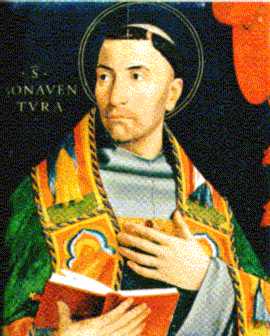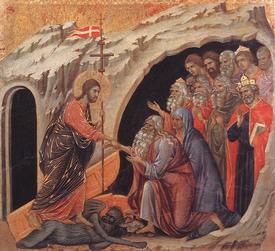The Church gives us Teresa of Avila to lead us into the arms of Jesus. Fr. Matthew MacDonald expounds on some of the ideas given by Saint Teresa. He states,
“…we celebrate the feast of Saint Teresa of Avila, founder of the Discalced Carmelite Reform, mystic, and Doctor of the Church. Teresa’s life and spirituality are at the heart of the call that the Lord has placed upon our hearts – to live, light, and lead the way of contemplation for the glory of God and the salvation of souls. Teresa of Avila, in her life and her teaching on prayer and contemplation, reminds me of the importance of allowing my entire life to abide in the true vine, Jesus Christ.
“Teresa lived during a time of great chaos in the Church and the world not unlike our own. The Protestant reformation was raging in Europe. Evangelization and colonization efforts were being launched by the Portuguese and the Spanish Empires in the Americas. Souls were falling left and right from the faith. Ignorance and corruption were in abundance. The joys and trials of her age and her own life offered Teresa motives for prayer, love, and sacrifice. It was in this desire for intimacy with Jesus that she became a branch of He who is the true vine (Cf. Jn 15:1). Teresa’s life and teachings would become an inexhaustible fountain of joy, intimacy, and salvation through the contemplative life that would become a bedrock in the mystical tradition of the life of the Church. How then did Teresa seek to bring souls to Christ? Through the spousal union of prayer and the sanctification of her soul. This divine intimacy and union with Christ was the desire of Teresa’s heart above all else and was the fuel behind the Discalced Carmelite reform:
Anyone who has not begun to pray, I beg, for the love of the Lord, not to miss so great a blessing. There is no place here for fear, but only desire. For even if a person fails to make progress, or to strive after perfection, so that he may merit the consolations and favors given to the perfect by God, yet he will gradually gain a knowledge of the road to Heaven. And if he perseveres, I hope in the mercy of God, whom no one has ever taken for a Friend without being rewarded; and mental prayer, in my view, is nothing but a friendly way of dealing, in which we often find ourselves talking in private with Him whom we know loves us. (Vol. I of Life of the Holy Mother Teresa of Jesus, trans. E. Allison Peers (Sheed & Ward, London, 1950) ch. 8, p. 50.)
“For Teresa, prayer begins and is fruitful by abiding in Jesus. It starts with vocal prayer and passes through the heart and our way of living our faith by means of meditation and contemplative recollection until it attains perfect loving union with Christ and with the Holy Trinity (Pope Benedict XVI, General Audience, “St. Teresa of Avila,” February 2, 2011).
“This call to prayer is at the heart of being a disciple of Jesus and is meant for everyone. Teresa then goes on to describe how prayer grows in the normal life of faith:
Oh Lord of heaven and earth, how is it possible that even while in this mortal life one can enjoy you with so special a friendship?… May you be blessed, Lord, because we do not lose anything through your fault. Along how many paths, and how many ways, by how many methods you show us love! With trials, with a death so harsh, with torments, suffering offenses every day and then pardoning; and not only with these deeds do you show this love, but with words so capable of wounding the soul in love with you that you say to them in this Song of Songs and teach the soul what to say to you…My Lord, I do not ask you for anything else in life but that ‘you kiss me with the kiss of your mouth,’ and that you do so in such a way that although I may want withdraw from this friendship and union, my will may always, Lord my life, be subject to your will and not depart from it ( Meditations on the Song of Songs 3:14-15. Taken from Drink of the Stream: Prayers of Carmelites. Translated by Penny Hickey, OCDS (San Francisco, CA: Ignatius Press, 2002) 73-74.).
~Fr. Matthew C. MacDonald, homily for a Mass for the Feast of Saint Teresa of Avila for the Apostoli Viae Connecticut Chapter at Saint Mary’s Church, New Haven, Connecticut, October 15, 2021.



